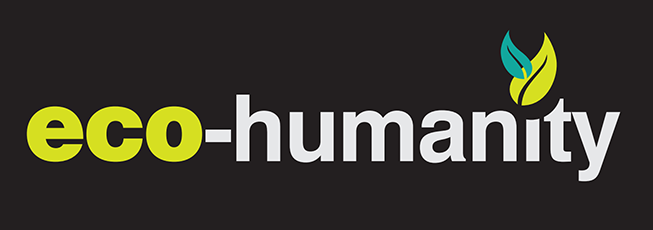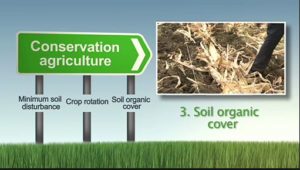Covid-19 is the latest setback for mankind after a year of forest fires and floods. We are entering the end game, when human advance can no longer be taken for granted.
are entering the end game, when human advance can no longer be taken for granted.
History is evolution in action. Human progress has been driven by individuals and communities striving for success in an evolutionary process. Those communities that thrive, propagate their technologies, skills, organisational systems, knowledge and culture. The unique habits, language and mores of failed communities are lost forever.
The process is known as memetic (or cultural) evolution, and up to now it has been a fantastic biological success story. World population now exceeds 7.5 billion. Complex multi-tiered societies have been formed, amazing new technologies have been created and science has established an understanding of the workings of the universe. We live 3 times longer than our distant ancestors and have massively more stimulating and enjoyable lives. It is true there have been setbacks along the historical path. There have been devastating wars, life-wasting pandemics, famines due to harvest failures and horrendous natural disasters. But thus far humans have recovered from these events and moved on.
Successful communities have to acquire wealth to thrive. We see the force of the desire to both gain and spend money in our everyday existence. Families aspire to acquire nice homes and flash cars. Charities beg us for contributions. Companies compete to sell us ever-more technically advanced goods. The NHS pleads for more money to keep us all healthy.
In this globally interactive world, the rich are accumulating wealth at a rate never seen before. However, there is a limit to the amount of wealth that the Earth can provide. It appears that the easy years of thriving are now behind us; for every advance there is a setback. Recent forest fires, cyclones, floods, financial disasters, pandemics and revolutions have all taken their toll.
We have reached a pivotal point in human history; it is now apparent that there are environmental limits to the improvement in the human condition. It is no longer possible to pretend that it will be all right on the night, that all the nations of the world will find ways of co-operating and overcoming the evolutionary dangers ahead. Memetic evolutionary forces are too strong. The national, community and individual desire to act in their own self-interest is too difficult to overcome on a global scale. The fact that Trump, Modi, Bolsonaro and many other climate-change deniers have been elected to power is a testament to the challenges ahead.
We are at the start of the end-game, when global wealth will not advance, life expectancy will deteriorate and humanitarian crises will proliferate. As we cope with the coming emergencies, we have big decisions ahead on the type of society we want to become. The citizens of those nations who believe in liberal humanist values and the need to preserve the environment, need to reach out across national boundaries and work fervently to protect both our values and societies from the traumas that are coming.

 Good news! There is a way of preserving the soil and maintaining food supply; it’s called conservation agriculture and it’s a growing movement that was developed by farmers themselves.
Good news! There is a way of preserving the soil and maintaining food supply; it’s called conservation agriculture and it’s a growing movement that was developed by farmers themselves.